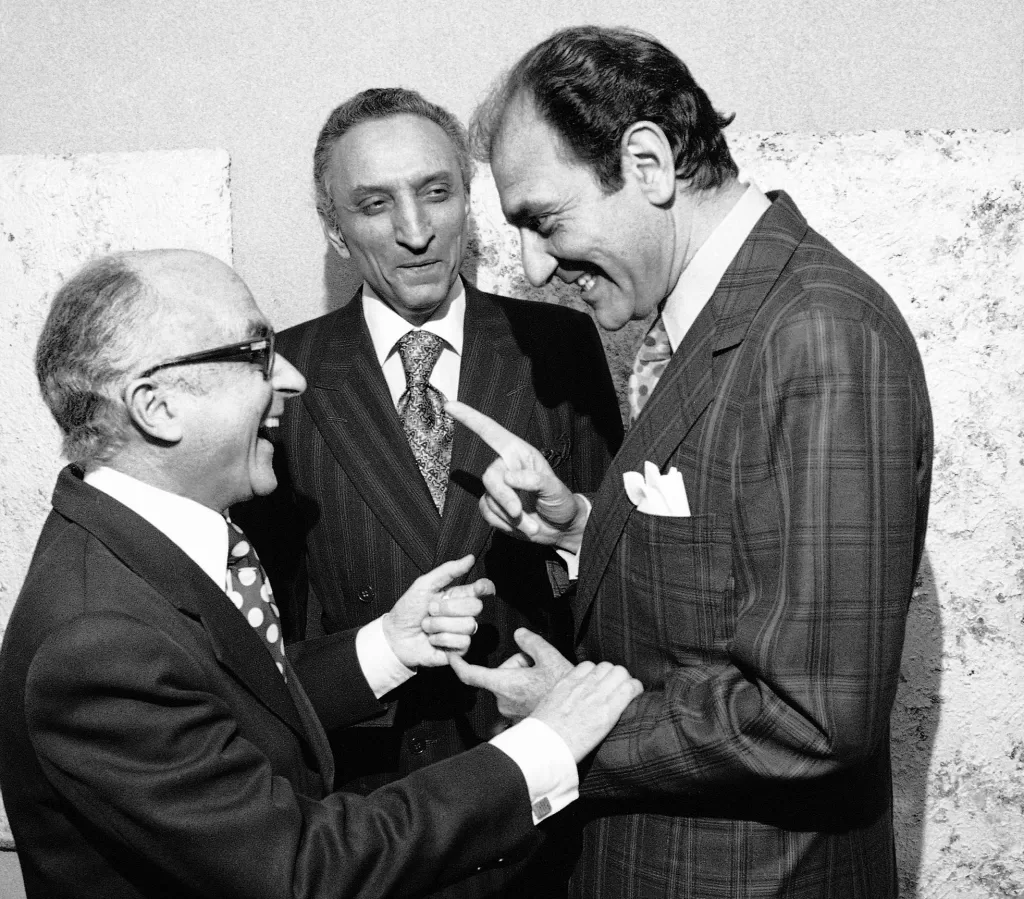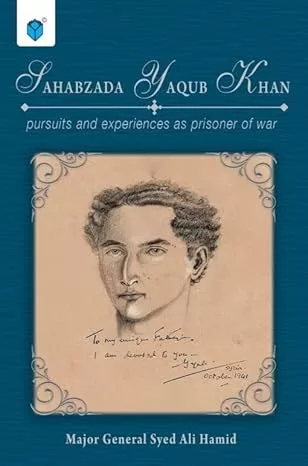Syed Ali Hamid’s book is a fascinating account of a little-known aspect of the life of Sahabzada Yaqub Khan (SYK) who played a prominent role in Pakistan’s history during his long military and diplomatic careers. The book’s author has compiled an absorbing narrative of events surrounding the years of SYK’s captivity during the Second World War based on detailed notes kept by SYK and official records.
In the aftermath of the First World War, the British opened the ranks of officer corps to Indians. They encouraged traditional Indian elites including scions of princely families, landlords, members of civil service, police and the army to educate their children so that they could qualify for commission as officers in British Indian army. These classes were in service of the government for a long time and in return prospered under Imperial patronage. Members of these classes joining the army as officers also ensured continued loyalty of the Indian officer corps. This also diminished chances of subversion by newly emerging nationalist politics.
SYK was a member of the Indian aristocracy and joined the Indian army after commission from Indian Military Academy at Dehra Dun in 1940. He joined 18th King Edwards Own Cavalry. On the eve of the Second World War, the Indian cavalry had exchanged its horses for tanks and armored cars. In the North African theatre, 18th King Edwards Own Cavalry was part of the 3rd Indian Motor Brigade, and its sister regiments of the brigade included 2nd Gardner’s Horse and 11 Prince Albert Victor Own (PAVO) Cavalry. Indian 2nd Field Regiment of Artillery was in support of the brigade and when British and Indian positions were overrun, several officers of the brigade became POWs. A fascinating chapter of military history was written in the Prisoner of War (POW) camp in Italy. Major Kumaramangalam (2nd Field Regiment Artillery), being the senior most officer was appointed commanding officer of the camp. Captain Yahya Khan (4/10 Baluch Regiment; now 11 Baloch of Pakistan army) was camp Adjutant, and his assistant was Lieutenant Shamsher Singh.
Captain Tikka Khan (2nd Field Regiment Artillery) was Quarter Master and other inmates of the camp were Lieutenant Sahabzada Yaqub Khan (18th Cavalry), Major Ajit Singh (Royal Indian Army Service Corps), Captain Kalyan Singh (2nd Field Regiment Artillery), Captain A. S. Naravane (2nd Field Regiment Artillery), Lieutenant Abhey Singh (18th Cavalry) and Lieutenant Sardar Hissamuddin Mahmud el-Effendi (11th PAVO Cavalry).

Several Indian officers of the Italian POW camp later played important parts in the history of India and Pakistan. The Italian Colonel commanding the POW camp could not have imagined that he was holding a whole crop of future high-power society. This camp has the world record of holding so many future senior officers under its roof.
Kumaramangalam escaped from Italy but was captured by the Germans and remained their guest for a few years and later became Chief of Army Staff of India (1966-69). Yahya Khan rose to become Pakistan Army Chief (1966-71) and President (1969-71). In 1971, Tikka Khan was Commander of Eastern Command and later became Pakistan Army Chief (1972-76). The 2nd Field Regiment of Artillery can be proud to have two army chiefs of rival India and Pakistan. Yaqub Khan became Lieutenant General and served as commander of Eastern Command during the fateful days of 1971.
After retirement he served as ambassador at several important diplomatic posts (Paris, Washington, Moscow) and also as the Foreign Minister of Pakistan. Hissam rose to the rank of Brigadier in the Pakistan army. Ajit Singh rose in the ranks to become Lieutenant General, Kalyan Singh and Naravane became Major Generals and Shamsher Singh became Brigadier in the Indian army. Syed Ali Hamid’s book provides a detailed account of an unknown chapter of the extraordinary life of SYK. He was a member of the pioneer generation of Indian officers who had to cross many barriers, but the unique opportunity also opened many doors that were closed to Indians of the previous generation. This experience enriched the lives of young Indians and prepared them for the task of later serving their independent nations.
SYK was not destined for any military exploits, but three years long imprisonment in Italian and German POW camps sharpened his intellectual, linguistic, and literary skills. He left his mark not in military operations but intellectual discourse on the higher direction of war and later a long diplomatic career. For some, experience as POW can crush the soul but for others this adversity brings out the best and SYK belongs to the later class. This book gives glimpses of events that shaped SYK personality during his captivity.





